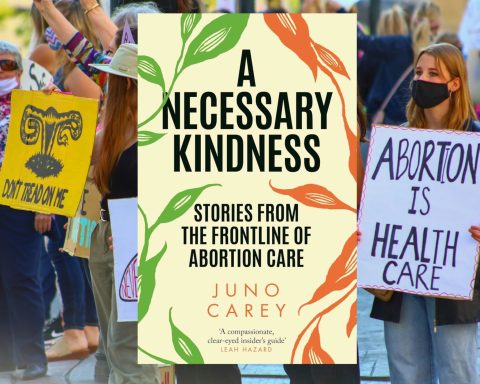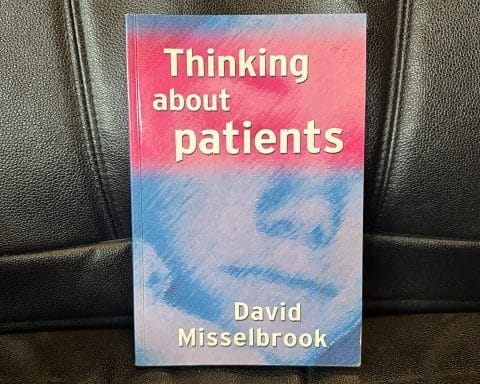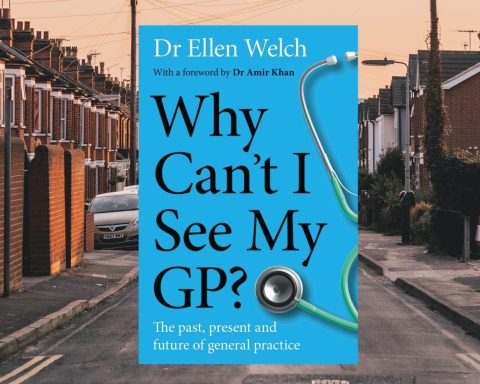
Elite Migrants is a timely addition to the still relatively sparse literature on the hugely significant role the South Asian community has played in the development of British medicine. As we ponder – and seek explanations for – the toll COVID-19 has taken on ethnic minority and migrant practitioners, Farooq opens a window for us into the personal and professional trajectories and identities of migrant South Asian GPs in Sheffield, Manchester and Barnsley. Her highly readable book provides valuable insights into this professional community and helps us understand their position in the NHS and wider British society.
Elite Migrants is structured around encounters with GPs. The author allows her insights to drive the narrative, providing a subtle analytic framework that enhances our understanding without drowning out the voices of participants. The core strength of this work resides in the illuminating nature of the interviews which bear witness to the quality of the relationship Farooq clearly managed to establish with her participants. Chapters cover the context of migration, the encounter with the British medical system, the nature of entrepreneurship in general practice, integration and sense of belonging, and racism and strategies for dealing with it.
Professional racism inevitably takes its place as a central driver of this narrative.
Professional racism inevitably takes its place as a central driver of this narrative, with migrant doctors being directed towards specific geographical areas and particular roles in unpopular specialties. The author never shies away from the complexity of the issues she addresses; the poetry of some of the responses brings some fundamental truths to the fore. On the intractability of racism in the NHS for instance, one GP describes how a friend and colleague declined to take action in a particular instance saying he ‘lived in the sea’ and therefore needed to avoid being the ‘enemy of crocodiles’.
Crucially, the book goes beyond just seeing GPs as doctors in a practice. It also highlights the importance of their role as middle-class ethnic minority migrants who played a transformative role in the communities they served and beyond, from organising English language lessons for Asian women to negotiating relationships as incomers working with substantial numbers of white patients (locating similarities for instance in Asian and working-class family values). Above all, this book is a story of perseverance in the face of challenging social forces and of people who successfully carved out personal and professional niches. As the Urdu verse recited by one of the GPs interviewed goes: ‘Oh bird, don’t get troubled by the strong wind blowing from the opposite direction, It blows only to make you fly higher.’
These doctors were ‘often forgotten, frequently ostracised but always wanted when their skills and experience were required.’
Elite migrants would have benefited from better editing: there are a number of typos and a few sentences that are repeated. An index would have been a welcome addition. This should not detract though from the author’s achievement nor from the importance of this work which serves to remind us of the true place of migrants in the UK: at the heart of some of the most essential aspects of life in the country. As Aneez Esmail says in his foreword, these doctors were ‘often forgotten, frequently ostracised but always wanted when their skills and experience were required.’ The need for skills and experience is unlikely to go away. Hopefully this research can encourage us to think more about what is needed to ensure future generations of migrant doctors are better supported. An appreciation of the lived experiences of international medical graduates is crucial to understanding what has left them particularly vulnerable in the context of the ongoing pandemic. Working in high-pressure areas, racism, and the specific nature of their professional identities are all factors that should be borne in mind.
There are lessons too outside of medicine: the respect migrant medics describe obtaining from patients shows that far from unavoidable, hostility towards migrants is susceptible to being defused when there is a greater understanding of the nature of their work and appreciation of them as individuals. To quote Farooq: ‘There is no reason why … intimate relationships of trust evidenced in doctor-patient relationships cannot extend to other situations provided supportive conditions are created.’
DOI: Yasmin Farooq is a former work colleague of Julian Simpson.
Featured book
Yasmin Ghazala Farooq. Elite Migrants: South Asian Doctors in the UK. Transnational Press London, 2020, PB, 189pp, ISBN: 9781912997633
Featured photo by ActionVance on Unsplash








